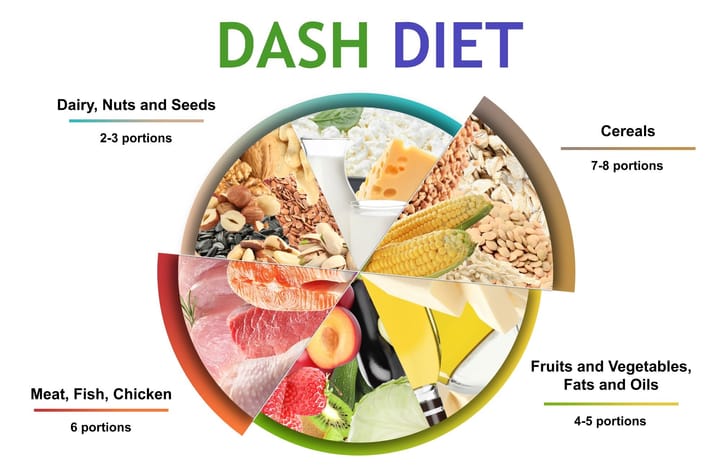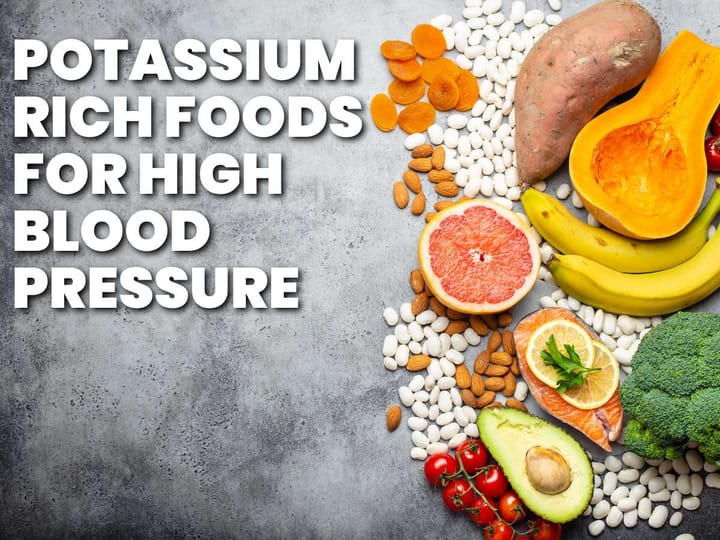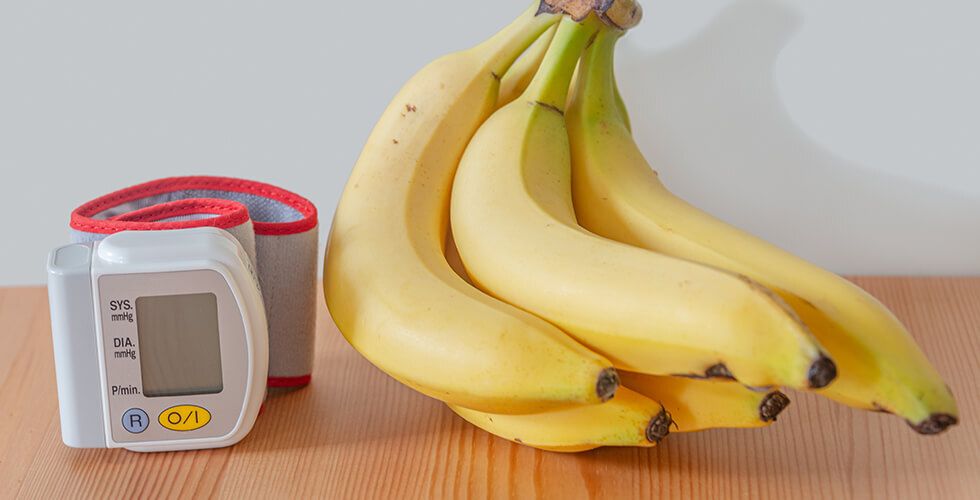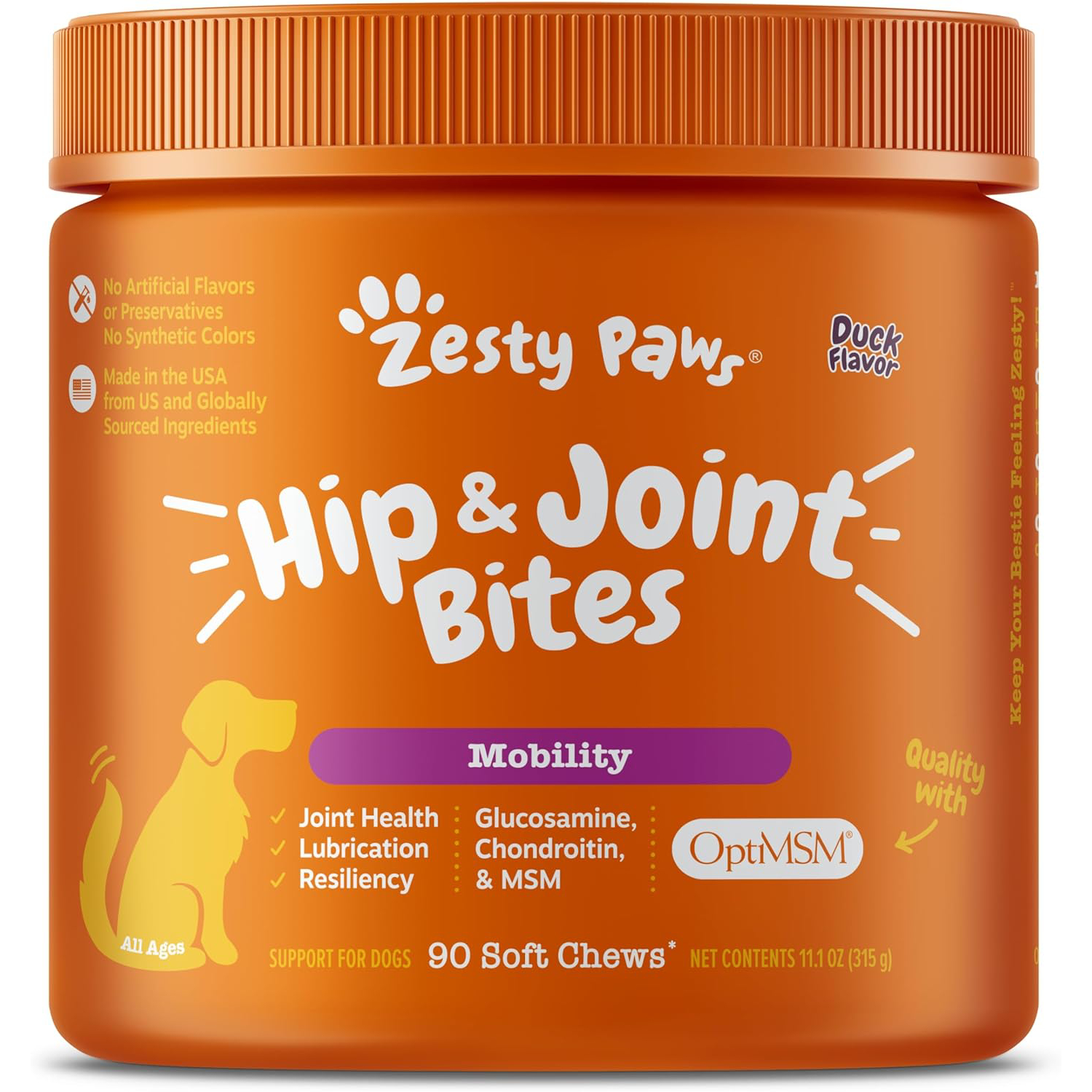Nourishing Your Way - Exploring the Power of Plant-Based Diets

What is a Plant-Based Diet?
A plant-based diet is a way of eating that prioritizes whole, minimally processed plant foods, with an emphasis on vegetables, fruits, whole grains, and legumes. This approach to nutrition focuses on including a variety of plant-based foods in your diet, rather than excluding specific food groups.
Key Components of a Plant-Based Diet
Some of the key components of a plant-based diet include:
- Vegetables: dark leafy greens, bell peppers, carrots, and other colorful varieties
- Fruits: berries, citrus fruits, apples, and bananas
- Whole grains: brown rice, quinoa, whole wheat bread, and whole grain pasta
- Legumes: lentils, chickpeas, black beans, and kidney beans
Benefits of a Plant-Based Diet
A plant-based diet aims to improve overall health and reduce the environmental impact of food choices. Some of the benefits of a plant-based diet include:
- Reduced risk of heart disease and stroke
- Lower risk of certain cancers, such as colon and breast cancer
- Improved weight management and reduced risk of obesity
- Lower environmental impact due to reduced greenhouse gas emissions and resource usage
By incorporating more plant-based foods into your diet, you can experience these benefits and more, while also nourishing your body and the planet.
Foods to Fill Up On
Embracing a plant-based diet offers a multitude of benefits, from enhanced nutrition to environmental sustainability. To reap the rewards, focus on incorporating these nutrient-dense foods into your meals.
Legumes: The Protein Powerhouses
Legumes, including chickpeas, beans, peas, and lentils, are a rich source of plant-based protein and essential amino acids. These versatile foods can be used in a variety of dishes, from hearty stews and soups to salads and stir-fries. Legumes are also rich in fiber, vitamins, and minerals, making them an excellent addition to a balanced diet.
Leafy Greens: Packed with Vitamins and Minerals
Leafy greens, such as kale and spinach, offer a boost of vitamins A, C, and K, as well as essential minerals like calcium and iron. These nutrient-dense foods support healthy bones, eyes, and immune function. Enjoy them in salads, smoothies, sautéed as a side dish, or added to soups and stews.
Whole Grains: Fiber and Nutrient-Rich
Whole grains, like brown rice and quinoa, provide fiber, vitamins, and minerals. They support healthy digestion, satiety, and energy levels. Choose whole grains over refined or processed options to reap the rewards of a nutrient-rich diet.
Foods to Eat Less Of
Adopting a plant-based diet doesn't just mean adding more fruits and vegetables to your plate, but also reducing or eliminating certain foods that can have a negative impact on your health. Here are some foods to eat less of on your journey to nourishing your way:
Processed and Packaged Foods
Processed and packaged foods are often high in salt, sugar, and unhealthy fats, which can lead to a range of health problems, including obesity, diabetes, and heart disease. Some examples of processed and packaged foods to limit or avoid include:
- Frozen meals and TV dinners
- Packaged snacks, such as chips and crackers
- Refined grains, such as white bread and sugary cereals
- Processed meats, such as hot dogs and sausages
Animal Products
While it's not necessary to completely eliminate animal products from your diet, reducing your consumption of certain animal products can have numerous health benefits. Some animal products to eat less of include:
- Meat, particularly red meat, which can be high in saturated fats and cholesterol
- Dairy products, such as cheese and whole milk, which can be high in saturated fats and calories
- Eggs, which can be high in cholesterol
By reducing your consumption of these foods and focusing on whole, plant-based foods, you'll be well on your way to nourishing your way to better health.
A Day in the Life of a Plant-Based Diet
Adopting a plant-based diet can be a transformative experience, not just for your health, but also for the environment. Here's a glimpse into a typical day of nourishing your body with the power of plants.
Breakfast: Chocolate-Banana Protein Smoothie
Start your day with a delicious and filling Chocolate-Banana Protein Smoothie. Blend together frozen banana, cocoa powder, almond milk, and a scoop of plant-based protein powder for a treat that's both healthy and indulgent.
Morning Snack: Apple with Almond Butter
Mid-morning, satisfy your cravings with a crunchy apple paired with creamy almond butter. This snack is packed with fiber, protein, and healthy fats to keep you energized until lunchtime.
Lunch and Dinner: A Rainbow of Vegetables and Whole Grains
For lunch and dinner, indulge in a vibrant array of colorful vegetables and whole grains. Try pairing quinoa with roasted vegetables like sweet potatoes, Brussels sprouts, and red onions, or experiment with lentil soups, chickpea salads, and whole-grain wraps. The key is to vary your diet and explore the vast world of plant-based options.
Benefits of a Plant-Based Diet
A well-planned plant-based diet offers numerous benefits for overall health, the environment, and animal welfare. Let's dive into the advantages of embracing a plant-based lifestyle.
Reduced Risk of Chronic Diseases
Plant-based diets have been consistently shown to reduce the risk of chronic diseases, including:
- Heart disease: Lower saturated fat and higher fiber intake help maintain healthy cholesterol levels and blood pressure.
- Diabetes: Plant-based diets tend to have a lower glycemic index, reducing the risk of developing type 2 diabetes.
Weight Loss and Improved Weight Management
Plant-based diets are often high in fiber and low in saturated fat, making them an effective way to:
- Promote weight loss: Fiber-rich foods tend to be more filling, reducing the likelihood of overeating.
- Improve weight management: Plant-based diets often lead to a lower body mass index (BMI) and reduced body fat.
Lower Environmental Impact
Animal agriculture is a significant contributor to greenhouse gas emissions and resource consumption. A plant-based diet can:
- Reduce greenhouse gas emissions: Plant-based diets tend to have a lower carbon footprint than meat-based diets.
- Conserve resources: Plant-based diets require less water and land use than animal agriculture.
By incorporating more plant-based meals into your diet, you'll not only improve your health but also contribute to a more sustainable future.
Getting Started
Nourishing your way with a plant-based diet can be a transformative journey for your health and wellbeing. As you embark on this path, it's essential to take a thoughtful and informed approach. Here are some steps to help you get started:
Seek Expert Guidance
Before making any significant changes to your diet, consult with a healthcare professional or registered dietitian for personalized guidance. They can help you understand how a plant-based diet may impact your individual health needs and provide tailored advice.
Explore the World of Plant-Based Cuisine
Discover the diverse and vibrant world of plant-based recipes and meal plans online. Websites, blogs, and social media platforms are filled with inspiring ideas and resources to help you get started. Explore different cuisines, such as vegan, vegetarian, flexitarian, and more, to find what resonates with you.
Gradual Transition
Gradually incorporate more plant-based foods into your diet, rather than trying to make drastic changes overnight. Start by substituting one or two meals a day with plant-based options and gradually increase the proportion of plant-based foods in your diet. This will allow your taste buds and body to adjust to the new foods and habits.


















Comments ()